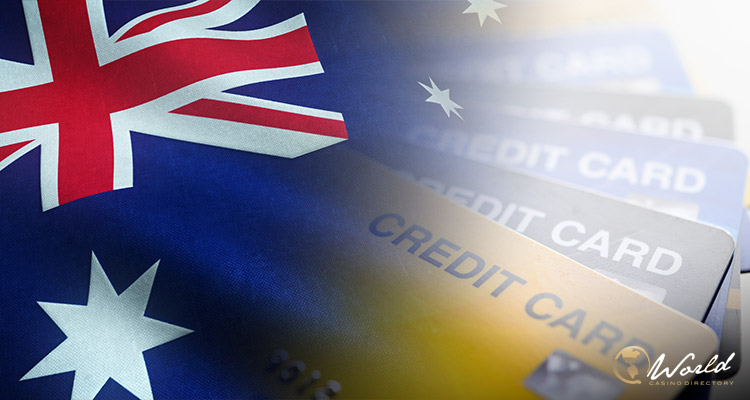The Australian-based Lottery Corporation has requested an exemption from the potential credit cards ban, which is primarily aimed at stopping gamblers from gambling because of the “low harm nature” of lotteries.
A request:
The request was made in a Senate filling filed on October 2 to support suggestions to exempt lotteries from the Interactive Gambling Amendment Bill and enable clients to proceed with purchasing scratch cards with their credit cards. Additionally, the said Lottery Corporation is the only one opposed to its inclusion in the said credit card prohibition, as other Australian wagering companies, such as Sportsbet, Tabcorp and Responsible Wagering Australia have all made official submissions showing their support for the ban.
A recent parliamentary investigation into the harm of online gambling as a cause of the ban:
The main reason behind the proposed bill banning iGaming firms from accepting credit card payments by the federal government is the recent parliamentary investigation into the harm caused by online gambling, which initially suggested the ban. However, gamblers who use poker machines or choose to visit a casino are already prohibited from taking out their credit card to place a wager. In this regard, when commenting the proposed ban, the Australian Banking Association commented: “We welcome the policy change to bring online gambling in line with in-venue gambling and said the onus should be on the wagering providers to implement the ban.”
Moreover, the government is still reviewing a number of different suggestions, after the aforementioned investigation has already been carried out. Those suggestions involve a sector-wide ban on incentives and a gradual ban on online gambling advertising, angering racing, sports and media bodies. On a related note, when also commenting on the potential ban, Sue van der Merwe, the Lottery Corporation’s chief executive, said according to The Sydney Morning Herald: “The credit card ban carve-out would prevent “negative impacts” on newsagents and other retailers, despite overwhelming support from anti-harm bodies including Financial Counselling Australia. The [inquiry] committee’s recommendations reflected the finding that lotteries have a lower harm profile and recommended that lotteries are exempt from a ban on online gambling service providers of wagering, gaming and other gambling services from accepting payment by credit cards, including via digital wallets.”
Different opinions:
Various firms have expressed their opinions regarding the aforementioned ban. On that note, the Australian Lottery and Newsagents Association said: “Domestic licensed lottery products were not wagering products and “present very low levels of harm”.”
Financial Counselling Australia’s Lauren Levin, commented in a filling to the Senate: “The lottery sector and its products cause serious gambling harm and should also be subject to the same consumer protection legislation as other online forms of gambling.” Additionally, Levin referred to the industry categorization of the Lottery Corporation as a “small business” after it reached $3.5 billion in income for the FY23. She added: “Lottery businesses now operate through digital platforms via omni-channel marketing and are no longer dependent on small retail operators such as newsagents. Harm prevention advocates had been “asleep at the wheel” in relation to the potential for harm caused by lotteries. This is because much of the gambling reform debate has been focused on online wagering, despite the vast majority of gambling harm caused by poker machines. With the spotlight on online gambling, the lotteries and newsagent lobby managed to plant the seed that lotteries were benign and small newsagents were deserving of sympathy, simply for being small businesses; that they didn’t need the same consumer protections and claimed a special status. They were unchallenged as we were time poor and distracted. We were wrong.”
Moreover, the aforementioned Responsible Wagering Australia, which represents major betting firms involving Ladbrokes and Sportsbet, said: “We have been working with our members the financial services and banking industry and the government to “investigate technical options” for implementing the proposed ban.” And Sportsbet added: “We share the government’s view that wagering customers should only be able to conduct their wagering activity with their own clear funds. There should be no capacity directly, or through the use of intermediaries such as digital wallets or pre-paid cards, for customers to use a credit card issued by a licensed entity to fund their wagering.”



